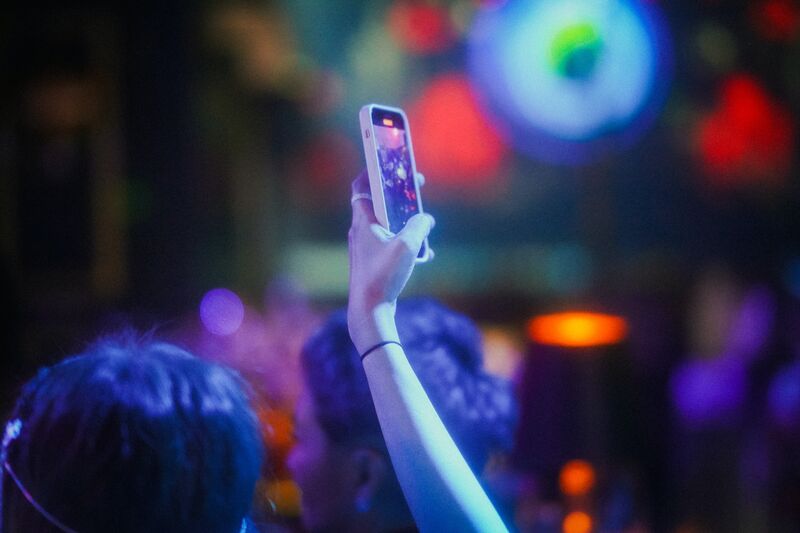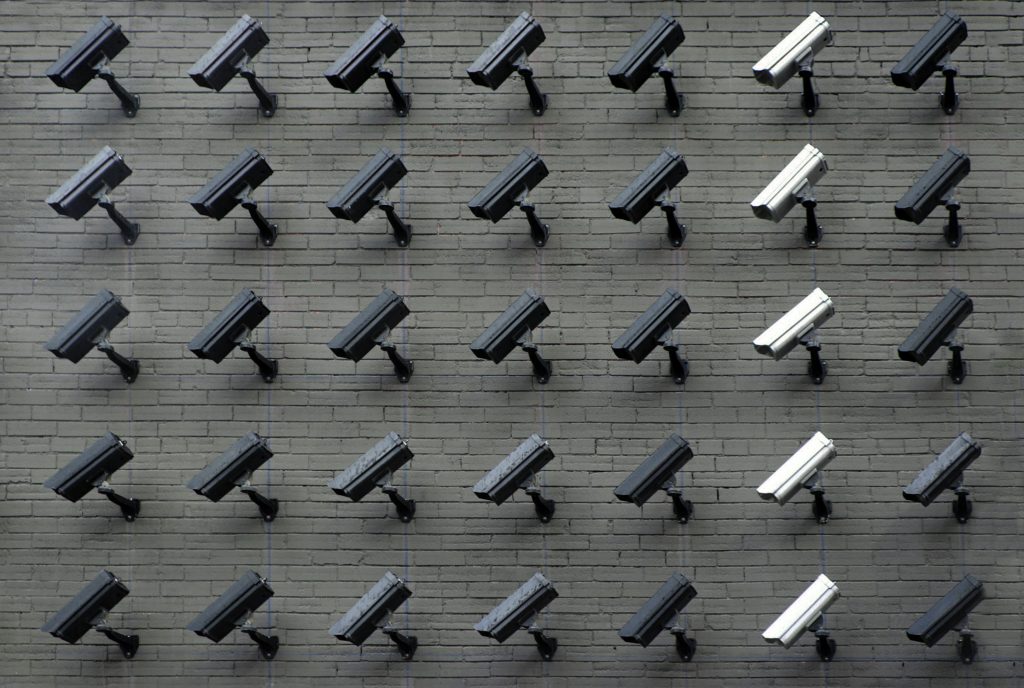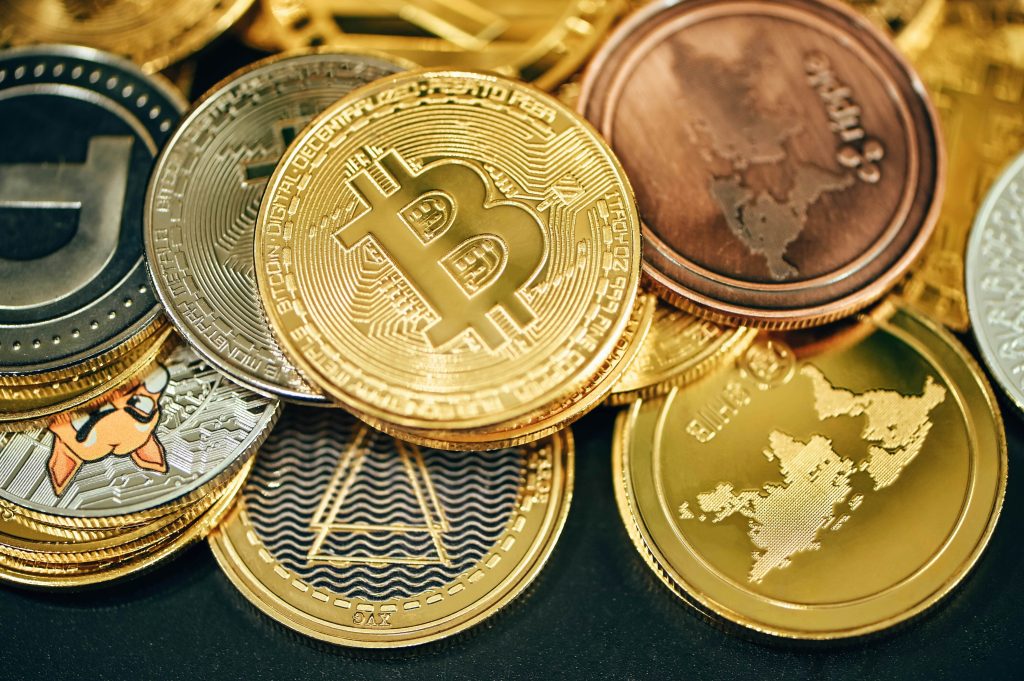TikTok Time Out: The Push to Ban the App Due to Privacy Concerns

By Melynda Meyrick*
The social media app known as TikTok in the United States was first developed by Chinese company ByteDance in 2016 and was officially launched worldwide in August 2018.[1] Since its release, the app has blown up, with millions of users downloading, posting, and subscribing to content on the platform. With TikTok’s increasing popularity and ability to share content worldwide in a matter of seconds, content creators have learned to monetize their creations through the app. The ability to monetize content created and shared on the app only led to an increase in daily posts and users. While sharing dance videos, memes, or making money through TikTok all appear harmless, there has been an escalation in privacy concerns about what data is being with the Chinese government by the app’s creators.
Due to such privacy concerns, in 2022 Missouri Senator Josh Hawley proposed a law to ban the downloading and use of TikTok on all federal government devices.[2] The bill successfully passed both Houses of Congress and was officially signed into law by President Biden in December 2022.[3] The new law, coined the No TikTok on Government Devices Act, has only sparked further debates revolving around TikTok’s data privacy.
In line with the No TikTok on Government Devices Act, on February 6, 2023, Texas Governor Greg Abbott revealed his plan to ban TikTok from all state-issued electronic devices that are capable of internet connectivity.[4] Governor Abbott’s plans even extended as far as prohibiting government workers from conducting any state-related activities on personal devices that had the app downloaded. Governor Abbott stated that TikTok’s privacy threats were a result of the app being “owned by a Chinese company that employs Chinese Communist Party members, harvest[ing] significant amounts of data from a user’s device, including details about a user’s internet activity.”[5] Texas is not the only state that believes Governor Abbott’s sentiments. South Dakota, Oklahoma, Florida, Tennessee, and twenty-four other states have begun moving to ban TikTok from all state-government devices as well.[6]
The majority of the leading the charge to ban TikTok are Republican states. Due to the inherent political tensions between China and the United States, questions have come to light about the true intentions the Republican states and their political leaders pushing to ban TikTok. While it is impossible to fully know the politicians, TikTok was recently forced to fire four employees that accessed the personal data of two American journalists who had written pieces on the company in an attempt to find their sources.[7] Although only four employees were seemingly involved, the situation exposed the fact that accessing personal information is in fact possible through the app, validating American government officials’ privacy concerns. Additionally, in early February a Chinese “spy” balloon was shot down over the coast of South Carolina by U.S. fighter jets.[8] The publicization of the balloon incident sparked politicians to use it as evidence of why TikTok needs to be banned. In fact, Florida Congressman Mario Diaz-Balart described TikTok as “a Chinese Communist Party balloon in everybody’s home.”[9] Although it does not appear that there was a direct connection between the Chinese balloon and TikTok itself, the occurrence has only lit the fuel to ban the app.
The worry over TikTok’s data privacy and security involving China has even seeped beyond the government and into schools. Public universities across the country, such as in Mississippi, Texas, Iowa, and Oklahoma, have begun banning access to TikTok while on university Wi-Fi.[10] Although these bans do not prevent faculty or students from having the app on their devices, or from accessing it using personal cellular data, it has been viewed as an annoyance to students that live on campus and are therefore almost always on the university’s Wi-Fi, especially for those that cannot afford cellular data or other alternatives.[11]
Due to these continuously rising privacy concerns, TikTok and ByteDance have begun taking steps to refute these allegations and concerns. One-way TikTok representatives have started trying to change perspectives and stall TikTok-related legislation is by increasing the time, effort, and funds dedicated to lobbying. ByteDance’s general counsel stated that this shift is to “accelerate our own explanation of what we were prepared to do and the level of commitments on the national security process.”[12] While it is too soon to know how effective these lobbying efforts have been, ByteDance has already spent upwards of $5.4 million dollars on lobbying efforts, an amount expected to only increase.[13] Another way TikTok is attempting to refute privacy concerns is through the creation of their Transparency and Accountability Center (“TAC”) in Culver City, California. TAC’s purpose is to give individuals an insider perspective on just how TikTok operates, with a focus on the app’s content moderation and recommendations policies, both of which have come under scrutiny in the past.[14] TAC’s creation is relatively new, yet it is already garnering skepticism from those that believe it’s just for show due to the recent ramp-up of privacy concerns. TikTok has expressed its plan to open similar centers across the world to give more users the ability to explore the centers, develop a deeper insight into TikTok’s operations, and hopefully, assuage the concerns over data privacy.[15]
As of now, the future of TikTok in the United States remains uncertain. On March 23, TikTok CEO Shou Zi Chew will testify before the House Energy and Commerce Committee.[16] He is expected to answer questions on consumer privacy, data security, and any relationship TikTok has with the Chinese Communist Party via ByteDance. Shou Zi Chew’s appearance is intended by TikTok to “set the record straight”[17] but how U.S. government officials interpret his answers may determine whether TikTok’s timeout in the United States is temporary or permanent.
* J.D. Candidate, Class of 2024, Sandra Day O’Connor College of Law at Arizona State University.
[1] Elizabeth Atkins, A Complete History of TikTok—From Launch and Banning Controversy, to Best Viral Trends, METRO (Feb. 13, 2021), https://metro.co.uk/2021/01/01/a-complete-history-of-tiktok-launch-us-ban-and-best-viral-dances-13823263/.
[2] Conor Murray, Will TikTok Be Banned from the U.S.? Here’s Where It Stands, FORBES (Feb. 7, 2023), https://www.forbes.com/sites/conormurray/2023/02/07/will-tiktok-be-banned-from- the-us-heres-where-it-stands/?sh=5c38d4d73d2b.
[3] Id.
[4] Mack DeGeurin, Texas Is Banning TikTok from State Government Devices, GIZMODO (Feb. 7, 2023), https://news.yahoo.com/texas-banning-tiktok-state-government-164723637.html.
[5] Id.
[6] Id.
[7] Todd Sprangler, ByteDance Fires Employees Who Improperly Accessed Data on U.S. TikTok Users, Including Two Journalists, Company Says, VARIETY (Dec. 22, 2022), https://variety.com/2022/digital/news/bytedance-fires-employees-data-us-tiktok-journalists-1235468448/.
[8] Lon Harris, Chinese Spy Balloon Reminds Every Politician to Talk a Lot More About Banning TikTok, DOT.LA (Feb. 8, 2023), https://dot.la/tiktok-china-spy-balloon-2659383757.html.
[9] Id.
[10] Murray, supra note 2.
[11] Cecil Hannibal, Amid TikTok Bans, Should You Be Concerned About Using the App?, WAPT (Feb. 7, 2023), https://www.wapt.com/article/should-you-be-concerned-about-using-tiktok- app/42787708.
[12] Murray, supra note 2.
[13] Id.
[14] Karissa Bell, Can TikTok Convince the US It’s Not A National Security Threat?, ENGADGET (Feb. 7, 2023), https://www.engadget.com/can-tiktok-convince-the-us-its-not-a-national-security-threat-173030115.html.
[15] Id.
[16] Murray, supra note 2.
[17] Id.


